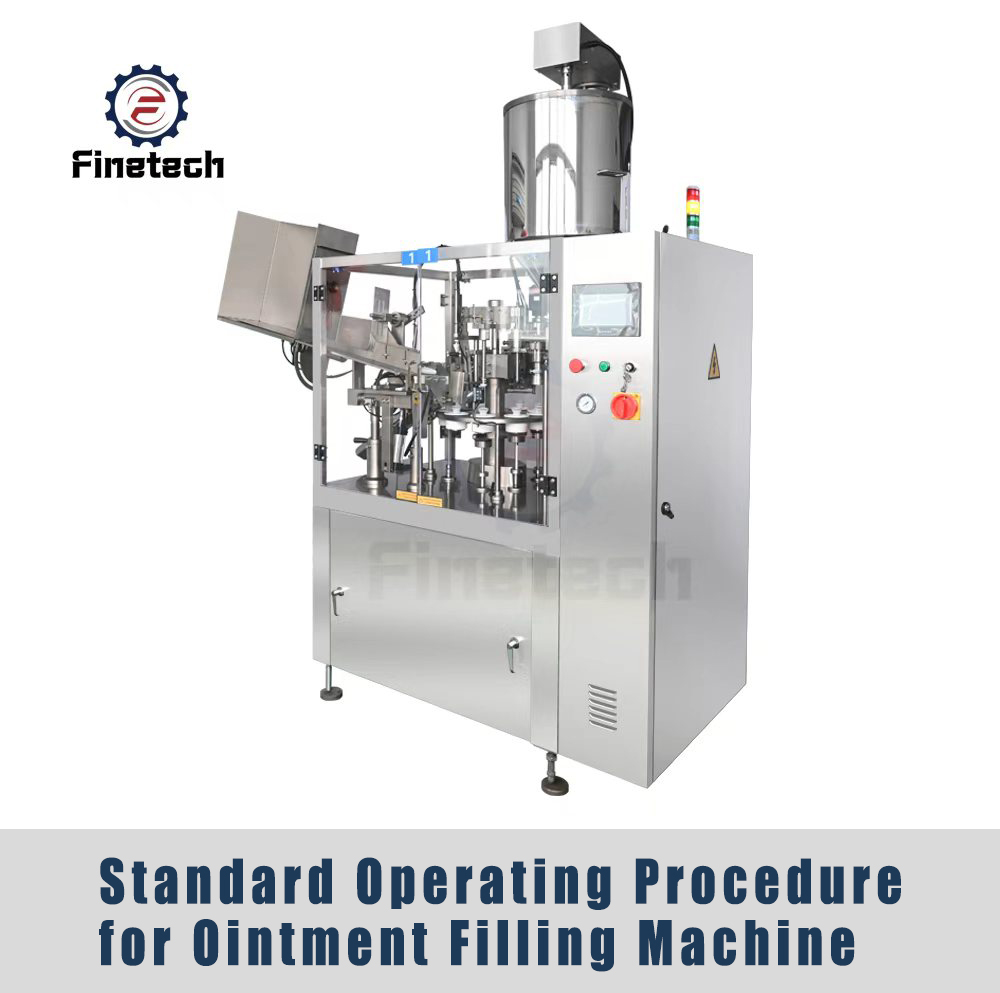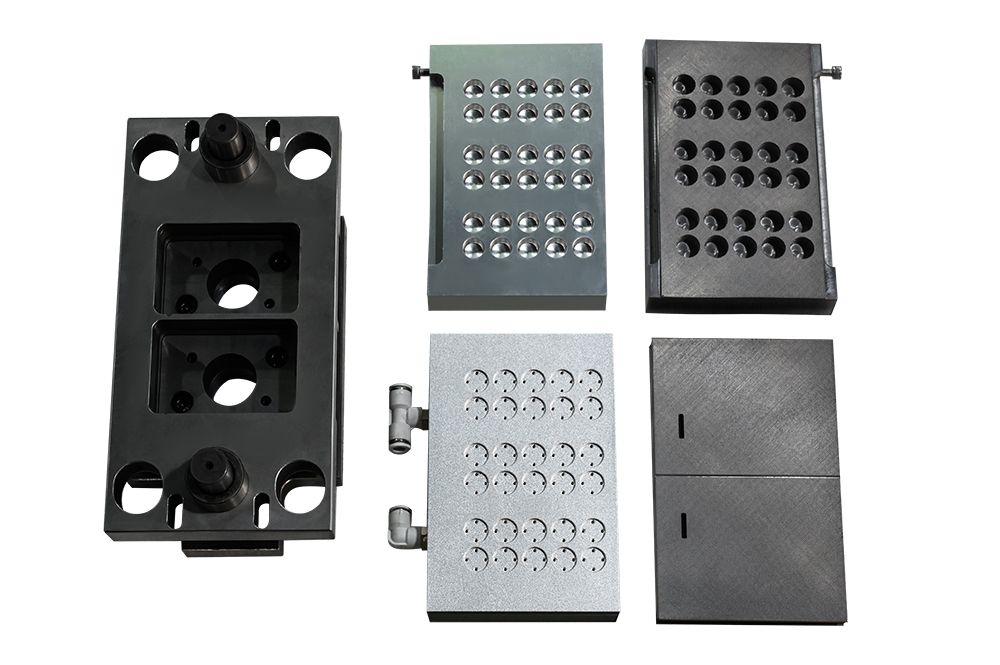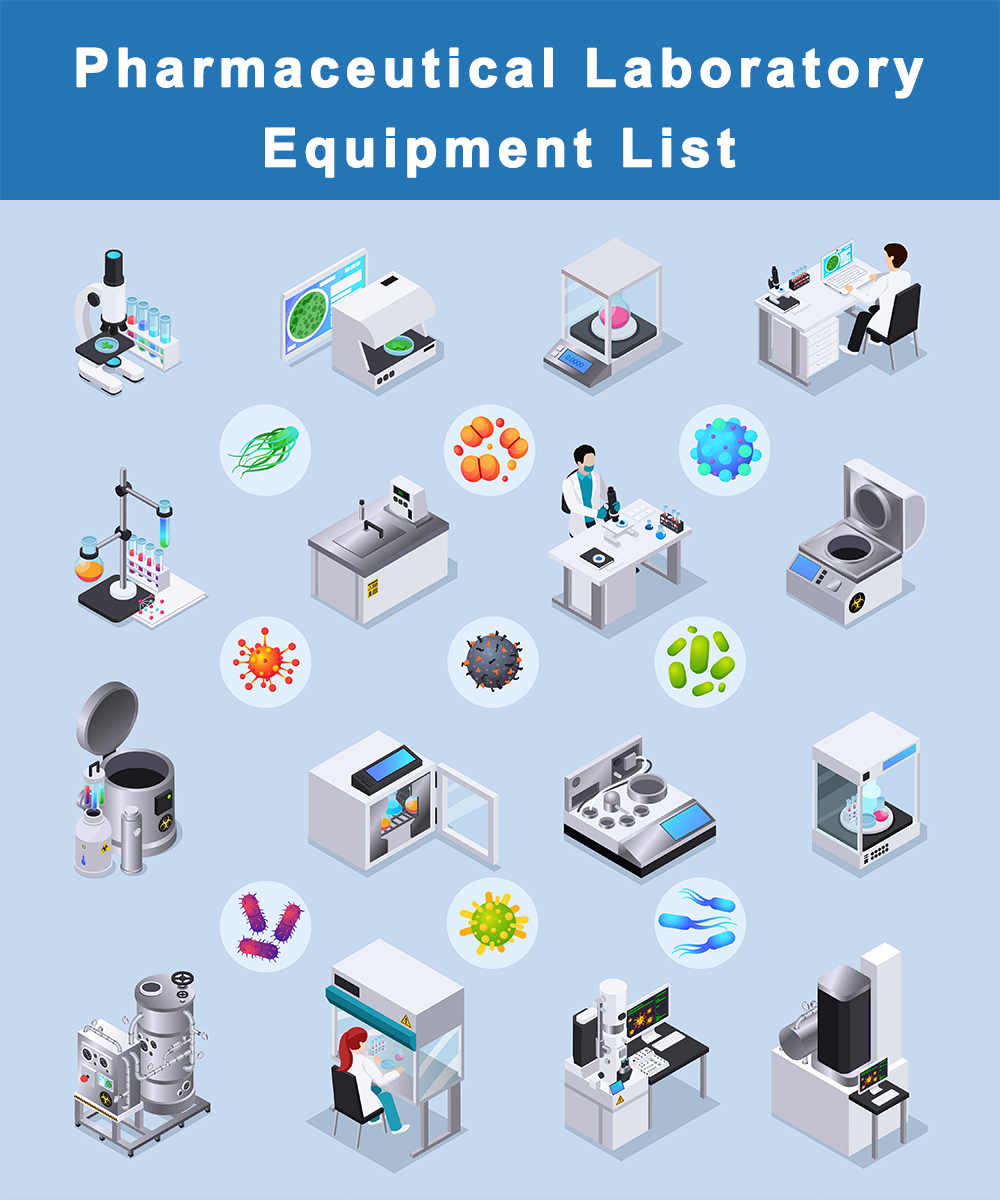Have you ever wondered how the pills in your medicine cabinet are made? Pharmaceutical manufacturing is a fascinating process that turns raw materials into life-saving medications. Let’s explore this complex world in simple terms.
What Is Pharmaceutical Manufacturing?
Pharmaceutical manufacturing is the process of making medicines. It involves combining different ingredients to create safe and effective drugs. This process happens in special facilities called pharmaceutical plants or factories.
Think of it like baking a cake, but much more precise. Every ingredient must be exact. Every step must be perfect. The difference is that instead of making dessert, companies are making medicines that help people feel better.
The Basic Steps
Step 1: Planning and Design
Everything starts with a recipe called a formula. Scientists decide what ingredients to use and how much of each one after the pilot test with glass reactor and other lab equipment. They also plan how to mix everything together.
Step 2: Getting the Ingredients
Companies buy raw materials from trusted suppliers. These might include active ingredients (the part that treats illness) and inactive ingredients (things like fillers and coatings).
Step 3: Making the Medicine
This is where the magic happens. Workers use special machines to mix, blend, and shape the ingredients. They might make tablets, capsules, liquids, or creams.
Step 4: Testing Everything
Before any medicine leaves the factory, it gets tested many times. Scientists check that it’s safe and works correctly.
Step 5: Packaging
Finally, the medicine gets put into bottles, boxes, or blister packs. Labels with important information get added too.
Why Quality Matters So Much
When you take medicine, you trust that it will help you. That’s why pharmaceutical companies follow very strict rules. These rules are called Good Manufacturing Practices (GMP).
Every batch of medicine must be exactly the same. If one pill has too much active ingredient, it could be dangerous. If it has too little, it won’t work properly.
Special Requirements
Making medicines isn’t like making other products. Here are some special things pharmaceutical companies must do:
Clean Rooms: Many medicines are made in super-clean rooms. Workers wear special clothing to keep germs out.
Temperature Control: Some ingredients are sensitive to heat or cold. Factories must keep the right temperature at all times.
Record Keeping: Companies must write down everything they do. This helps them track any problems.
Regular Inspections: Government officials visit factories to make sure they follow all the rules.
Different Types of Medicines
Pharmaceutical companies make many types of medicines:
- Tablets and Pills: These are pressed into shape using special machines.
- Capsules: These have medicine powder inside a shell.
- Liquids: Like cough syrup or liquid antibiotics.
- Creams and Ointments: Applied to skin for treating rashes or pain.
- Injections: Given through needles for fast treatment.
The People Behind the Process
Many skilled people work in pharmaceutical manufacturing:
- Scientists who create the formulas.
- Engineers who run the machines.
- Quality controllers who test everything.
- Operators who monitor the production.
- Managers who oversee the whole process.
Looking to the Future
Pharmaceutical manufacturing keeps getting better. New technology helps companies make medicines faster and safer. Robots help with precise measurements. Computer systems track every step of the process.
Final Words
Pharmaceutical manufacturing is a careful balance of science, technology, and strict quality control. From the first ingredient to the final package, every step is designed to create safe and effective medicines.
The next time you take a pill or use medicine, remember the complex process behind it. Hundreds of people worked together using advanced technology to create something that helps you feel better. That’s the power of modern pharmaceutical manufacturing.
This careful process ensures that when you need medicine, you can trust it to work safely and effectively.
















